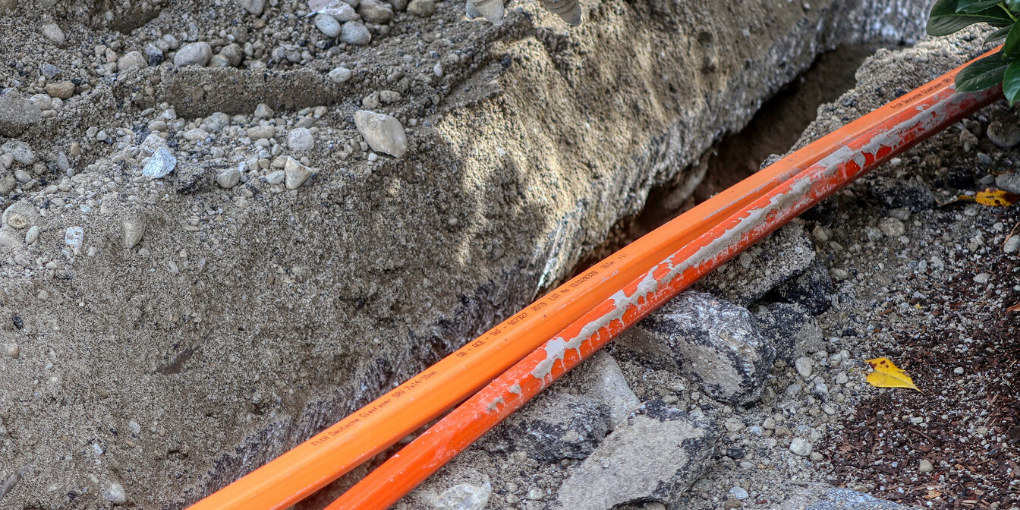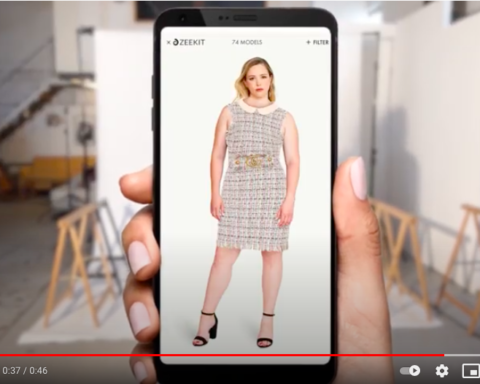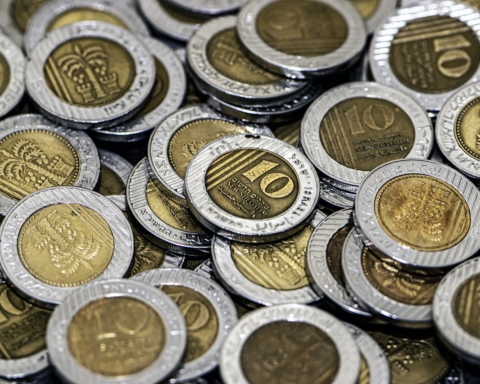Israel is connected to the worldwide web with three underwater internet cables, run by Bezeq, Telecom Italia, and Tamares Telecom. The cables connect Israel to the greater broadband network, essentially ensuring that Israel has an accessible internet connection. Each cable is built to last about 30 years, and there is about a decade of time before burnout. However, with millions of people quarantined in their homes, internet usage has increased significantly, and the current system is just barely keeping up. Fortunately, Google, the biggest player in the underwater world of internet cables, is launching a new project to provide better internet between India and Europe, and the cable is planned to cross through Israel.

The Blue-Raman cable, estimated as a $400 million project, will use advanced technologies and fiber optic materials to provide wide broadband. The Raman part of the cable, named after C.V. Raman, who was awarded the Nobel Prize for his scientific contributions, will begin in Mumbai and travel to the city of Aquaba in Jordan. The Blue part of the cable will begin in Genoa, Italy, and run through the Mediterranean Sea and Israel, meeting its counterpart in Jordan. The project is expected to be complete in Israel by 2022 and will be in service for 30 years.
The Google cable project, which launched in 2010, is one of dozens of similar global projects. Currently, the world has about 380 underwater wires which make up the “worldwide web”; however, there are a number of players besides Google. The Blue-Raman cable, offers a new connection point towards globalization and more accessible internet access, worldwide.








